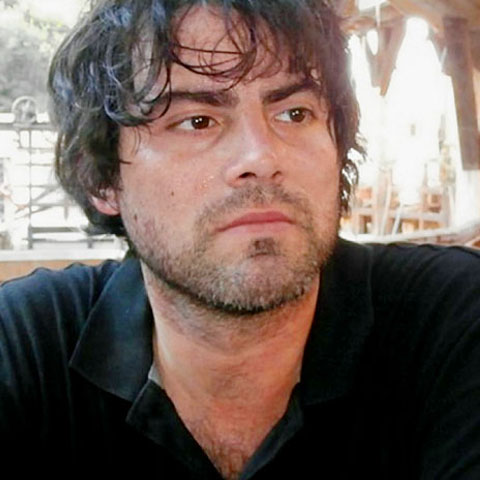KLI Colloquia are invited research talks of about an hour followed by 30 min discussion. The talks are held in English, open to the public, and offered in hybrid format.
Fall-Winter 2025-2026 KLI Colloquium Series
Join Zoom Meeting
https://us02web.zoom.us/j/5881861923?omn=85945744831
Meeting ID: 588 186 1923
25 Sept 2025 (Thurs) 3-4:30 PM CET
A Dynamic Canvas Model of Butterfly and Moth Color Patterns
Richard Gawne (Nevada State Museum)
14 Oct 2025 (Tues) 3-4:30 PM CET
Vienna, the Laboratory of Modernity
Richard Cockett (The Economist)
23 Oct 2025 (Thurs) 3-4:30 PM CET
How Darwinian is Darwinian Enough? The Case of Evolution and the Origins of Life
Ludo Schoenmakers (KLI)
6 Nov (Thurs) 3-4:30 PM CET
Common Knowledge Considered as Cause and Effect of Behavioral Modernity
Ronald Planer (University of Wollongong)
20 Nov (Thurs) 3-4:30 PM CET
Rates of Evolution, Time Scaling, and the Decoupling of Micro- and Macroevolution
Thomas Hansen (University of Oslo)
4 Dec (Thurs) 3-4:30 PM CET
Chance, Necessity, and the Evolution of Evolvability
Cristina Villegas (KLI)
8 Jan 2026 (Thurs) 3-4:30 PM CET
Embodied Rationality: Normative and Evolutionary Foundations
Enrico Petracca (KLI)
15 Jan 2026 (Thurs) 3-4:30 PM CET
On Experimental Models of Developmental Plasticity and Evolutionary Novelty
Patricia Beldade (Lisbon University)
29 Jan 2026 (Thurs) 3-4:30 PM CET
Jan Baedke (Ruhr University Bochum)
Event Details

Topic description:
Cultural evolutionists typically emphasize the informational aspect of social transmission, that of the learning, stabilizing, and transformation of mental representations along cultural lineages. Social transmission also depends on the production of public displays such as utterances, behaviors, and artifacts, as these displays are what social learners learn from. However, the generative processes involved in the production of public displays are usually abstracted away in both theoretical assessments and formal models. The aim of the talk is to complement the informational view with a generative dimension, emphasizing how the production of public displays both enable and constrain the production of modular cultural recipes through the process of innovation by recombination. In order to avoid a circular understanding of cultural recombination and cultural modularity, we need to take seriously the nature and structure of the generative processes involved in the maintenance of cultural traditions. I offer a preliminary analysis of what recombination and modularity consist of and show how their study depends on a finer understanding of the generative processes involved in the production phase of social transmission. I argue that the recombination process depends on the inventive production of an interface between modules and the complex recipes in which they figure, and that such interfaces are the direct result of the generative processes involved in the production of the recipes. The analysis is supported by the case study of the transition from the Oldowan to the Early Acheulean flake detachment techniques.
Biographical note:
Mathieu Charbonneau completed his PhD in philosophy of science and of biology at the Université de Montréal (2013). The dissertation examined the use of analogical reasoning as a means to transfer theories and explanatory frameworks between scientific disciplines, using as a case study the analogy between genetic inheritance and social learning. He completed a two-years (2013-2015) postdoctoral fellowship at the KLI Institute, researching on the developmental basis of cultural evolution. He is currently a postdoctoral fellow at the Science Studies Program at the Central European University (CEU), in Budapest, working on distributed cognition in science and the impact of novel technologies on scientific change, particularly in paleoarchaeology.


